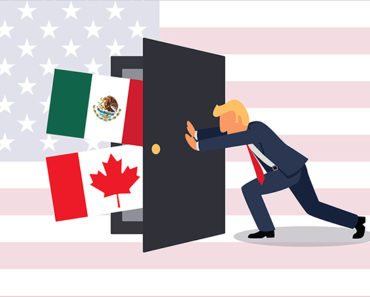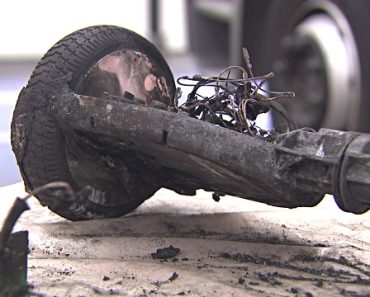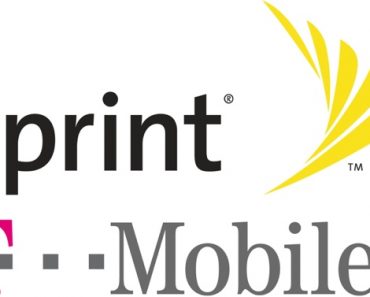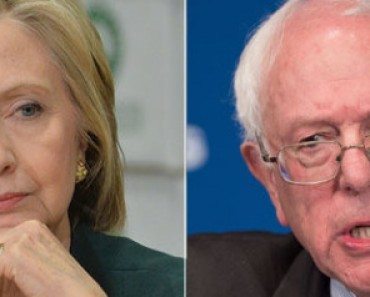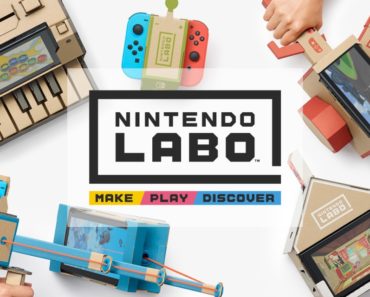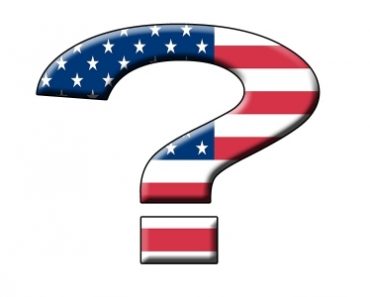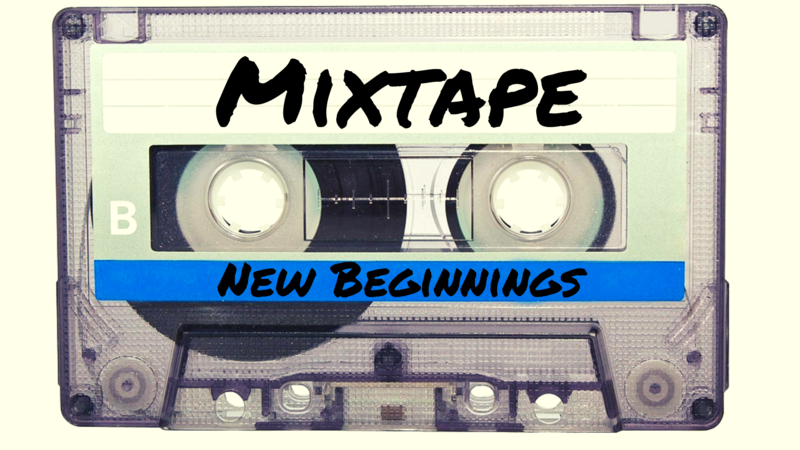
This might be the old soul in me talking, but I remember back in the day when you would wait for days for your favorite up and coming rapper to drop their newest mixtape on Datpiff.com, My Mixtapez, Spinrilla, SoundCloud, or any easily accessible platform; ‘twas a very litty time.
The older souls than me (or early 90s babies) remember the days of buying cassette tapes/CDs out of the trunks and streets from their local up and coming rappers. Those were the real mixtapes and where platforms like Datpiff got their inspiration from. You can research case studies of popular Hip Hop acts such as T-Pain or Master P telling of how they would indeed sell music out of their trunk to get their early careers started.
A New Era of Hip Hop
Millennials and the current generation grew up in the internet age for the most part, so Datpiff and the other aforementioned platforms contained free but very much layered quality content from the leaders of the New Skool that we revere today, i.e Meek Mill, Kendrick Lamar, Drake, J.Cole, Wale, Rick Ross, Chiddy Bang, King Los, Childish Gambino, Lil’ Wayne, etc. Middle schoolers and high schoolers alike, after the demise of Limewire, would congregate at lunch tables and free time in class to discuss the newest mixtapes ranging from No Ceilings, Rich Forever, Friday Night Lights, Pilot Talk, Young Sinatra, and so many more.
Now, imagine that you are a hip-hop artist that creates music as a form of great art for the public; many hip-hop/rap artist create productions to give new work to the supporters for free, but the death of mixtape is slowly gaining advocacy from major hip-hop/rap corporations for the simple fact that they want more profit off of the artist.
Indeed there are some artists, according to www.hotnewhiphop.com/mixtapes , who have been patented in hip-hop culture as the “Well Known Kings of Mixtapes” : Gucci Mane, Future and Young Thug. These pioneers routinely release mixtapes to the public, free of charge, to gain a fanbase. These artists went underground and accumulated a following of avid listeners and other artists.
But what about new to the hiphop/rap game rapper Drake? Drake is well-known for his legendary mixtape “ So Far Gone” which was given completely free to supporters. As Drake transitioned into a mainstream artist , he transformed from being a “pro bono”artist to a businessman. This evolution is most evident in Drake’s junior album, “ If You’re Reading This It’s Too Late.” However, Drake’s masterpiece came at a cost for his supporters- a maneuver that is quite reflective for the music industry today according to www.theverge.com.
What Went Wrong?
From an objective stance: nothing went wrong, just evolution of the music industry once again in the same way sheet music moved to vinyls, from vinyls to cassettes, and cassettes to CDs. To be frank, the medium simply changed and will likely be changed again. The qualm with the modern mixtape is that when it is released, sometimes it is only available on the streaming subscriptions platforms that people have to pay for. People don’t always have access to these subscription-based services like Apple Music and TIDAL as juxtaposed to Datpiff, SoundCloud, and Spinrilla, which are free for the most part minus a few exclusives.
These new age “mixtapes” became more about streaming profits than the fans and building a brand within the Hip Hop community. I believe that artists should definitely be compensated for their work, do not get me wrong. However, the debate becomes whether the artist is more focused on building a brand/accessibility to potential fanbases and gaining experience, simply getting money, or a hybrid of both.
With whatever avenue, potential fans have been alienated through this new process somewhat; the thrill of discovering a new artist organically through the easily accessible sites. Time is money, however, which is ending mixtape series or potential series projects the culture would love from current Hip Hop superstars like J.Cole, Drake, Kendrick, Wale and Childish Gambino that made their brand off the accessibility of quality rap content.
Artists now, like Drake, are starting to see the big bucks behind bucking the system of the mixtape code. The bigger concern, as it relates to artists who sell their mixtapes for a price, is who are they really making “music” for?
If majority of artist that produce mixtapes are being prompted to start selling their mixtapes at a price, will they lose their fanbase? Will artist produce enough revenue to invest into big music marketing companies like Drake has? Are the marketing companies targeting independent artist that make more than intended profit off of producing free music to the public? What does this new hip-hop marketing strategy mean to an industry that is constructed by predominately black artist,but is funded by marketing companies? Next time you log into www.livemixtapes.com and you’re looking for new tracks from Future, be sure to check and see if a tab prompting “Purchase in iTunes for $9.99” is planted next to the “download” button of Ape Shit.


